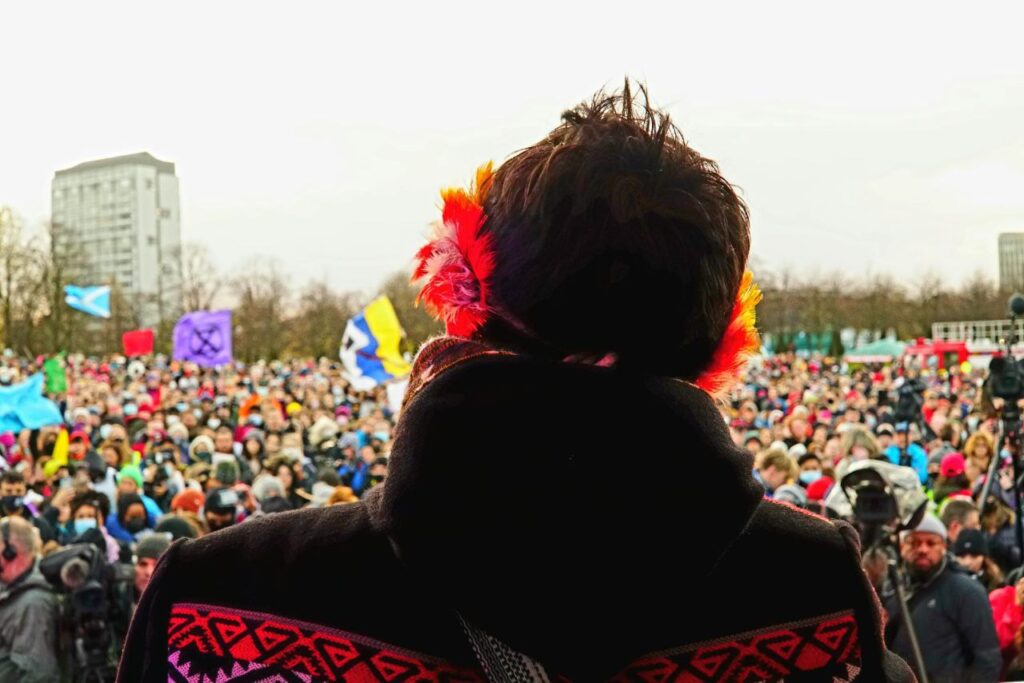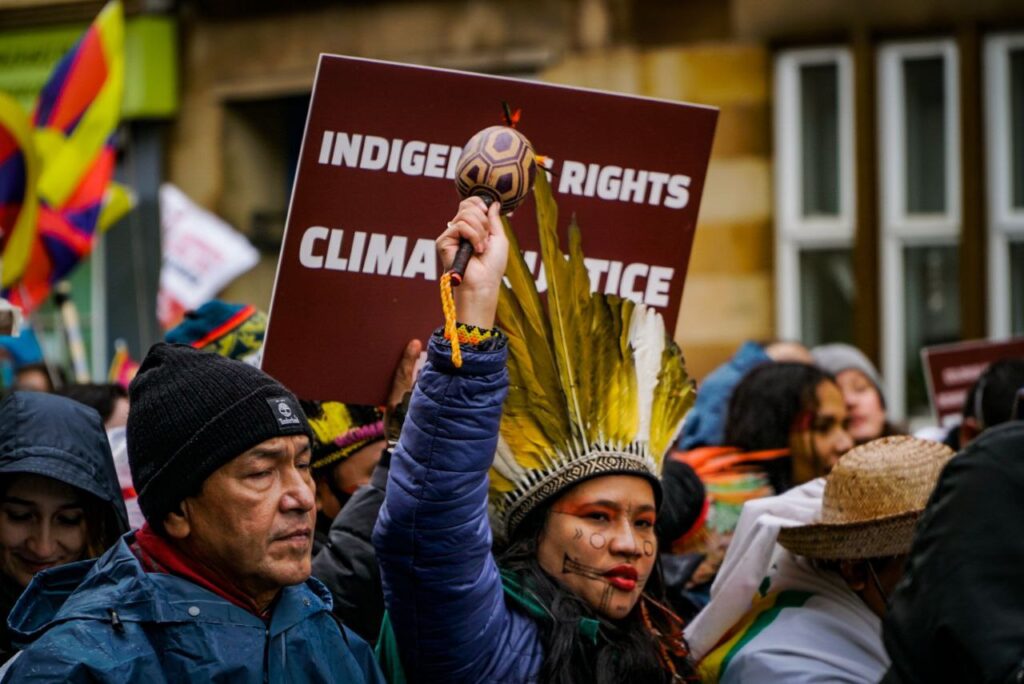
November 2021 will go down as one of the pivotal months in the history of climate action.
So it’s a fitting month to begin our Ethical Team roundups of climate action news – and one of the hardest.
Media outlets, NGOs and policymakers have offered no shortage of analyses on whether the major climate conference COP26, which concluded in Glasgow earlier this month, was a success.
Experts from the Pacific islands called it a “monumental failure in recognising the clear and imminent danger entire countries are now in,” and environmental campaigner Greta Thunberg dismissed the final Glasgow Climate Pact as “blah blah blah”. Others took a less apocalyptic view. Jennifer Morgan, Executive Director of Greenpeace, said “The 1.5C goal is only just alive, but a signal has been sent that the era of coal is ending.”
The more positive spins point to the fact that the Glasgow Climate Pact was the first climate agreement to explicitly plan to reduce coal usage, but even the commentary on this was mixed with frustration. UK Prime Minister Boris Johnson called the reaction ‘tinged with disappointment’ and ranked the Pact a rather unspectacular 6 out of 10.
A moment in history
The Glasgow Climate Pact is agreed#COP26 | #TogetherForOurPlanet pic.twitter.com/qq4ygsokXm
— Alok Sharma (@AlokSharma_RDG) November 13, 2021
Perhaps the question of whether COP26 is a success or not is the wrong question. Climate agreements are, for better or worse, more of a reflection of the political, social and economic influences of the day rather than the science (if they were, it wouldn’t take 26+ COPs to tackle the climate crisis…).
In this context, it’s impressive that explicitly reducing coal made it into the final text. After all, fossil fuels were the most represented group at COP26. On top of that, many delegates from the most-affected regions and social groups were not even able to attend the conference, and other delegates faced accessibility issues at the venue itself.
Coal didn’t go without a fight either: a last-minute intervention from China and India amended the agreement wording from ‘phase out’ to ‘phase down’. COP26 President Alok Sharma was frustrated with the change. “China and India will have to explain themselves and what they did to the most climate-vulnerable countries in the world,” he said.
Perhaps they could start with Tuvalu, where the President gave a speech standing in several feet of water to illustrate the fact that the nation is currently actively sinking into the ocean.
COP26 wasn’t a success or a failure. It was a temperature check of the political and social mood for change. And some things are now certain.
We know that even with all the new pledges, we are still set for around 2C of warming, minimum, and possibly much more.
We know that if all countries adhered to all their climate commitments, we could limit warming to 1.8C minimum – but track records show a huge gap between commitments and promises.
We also know that there is a huge growing grassroots movement calling for more ambitious change and rejecting UN processes like COP26 as viable avenues to do that. The last day of the summit saw hundreds of people walk out of the venue in a mass protest.
As movements like Extinction Rebellion and Fridays for Future gain traction, and dissatisfaction with current political pledges spreads through the public, time will tell whether 2022 becomes the year of the social tipping point into widespread bottom-up climate action.

The green transition might not start at the top – but that doesn’t mean it won’t start at all.
News:
COP Roundup
- Here’s what was agreed at COP26: a summary of the pledges and Glasgow Climate Pact
- Hundreds of people walked out of the summit on the final morning in protest.
- New pledges still put world on trajectory for minimum 2 degrees of heating
- A 2 degree temperature rise puts one billion people at risk of extreme heat
- Also, the new methane pledge doesn’t include the highest methane emitters
- Fossil fuel lobbyists were most-represented group at COP26, Global Witness study finds
- Youth activists complain about their participation being tokenistic
- Over 100,000 people marched on the Global Day of Justice in Glasgow
Also in climate news
- Carbon emissions of the richest 1% are 30 times greater than what is needed to stay within 1.5 degree limit.
- Many top scientists who authored IPCC report expect to see catastrophic change in their lifetimes
- 10 Facebook publishers drive 69% of climate change misinformation
- How climate change affects women in coastal Bangladesh
- Insulate Britain protesters jailed for defying road blockade ban
Join Mailing List
